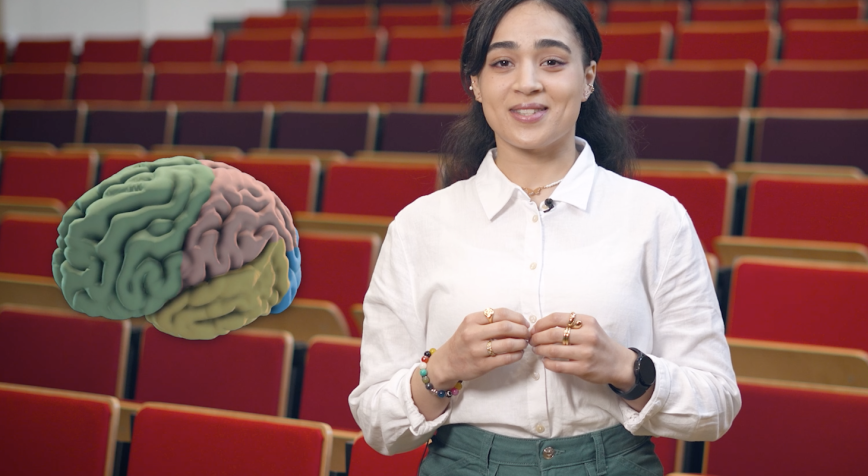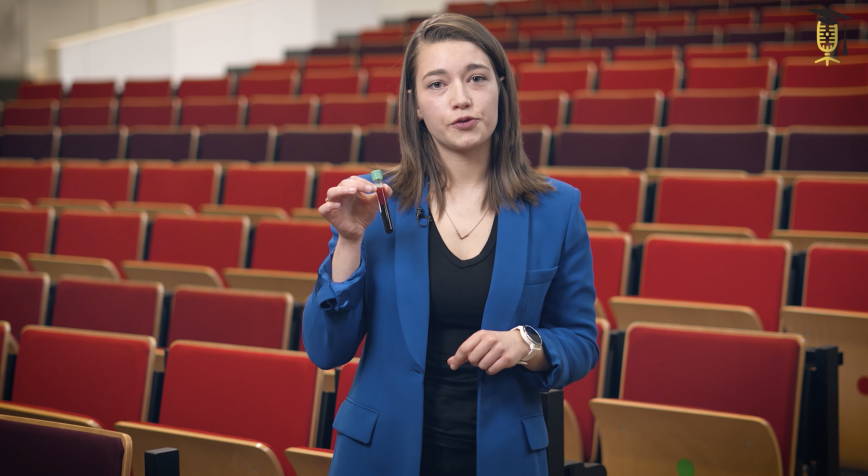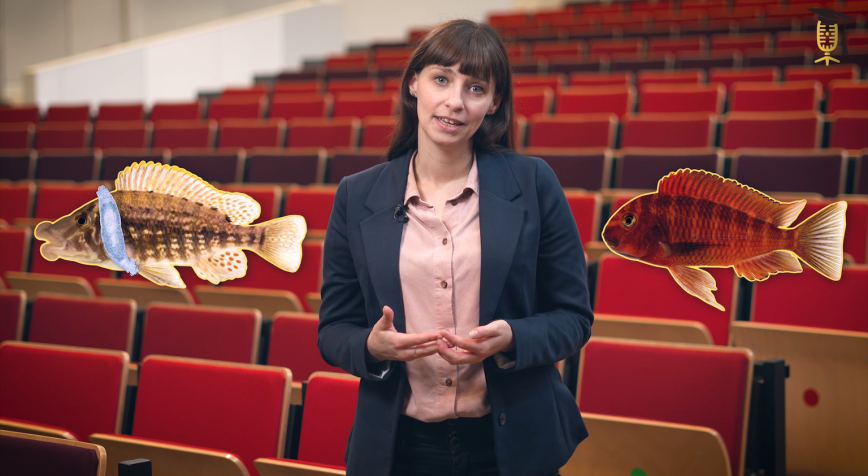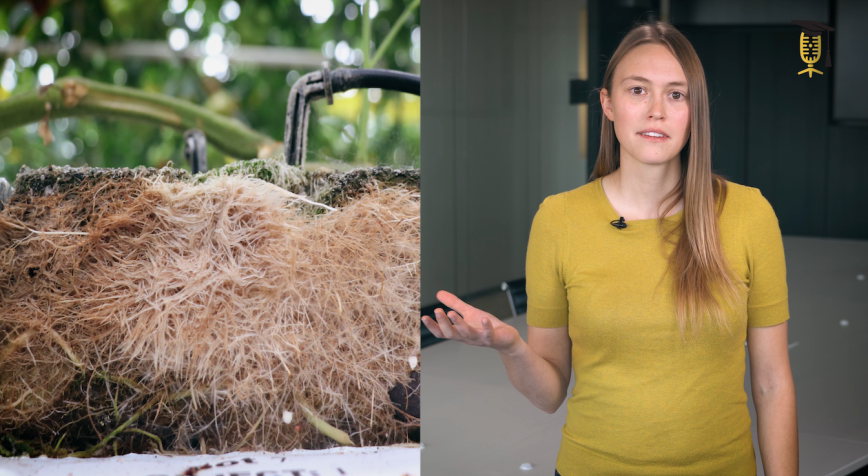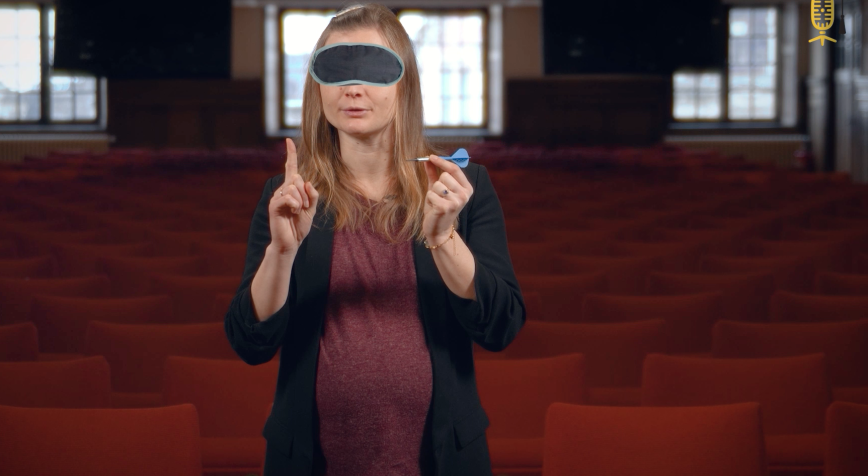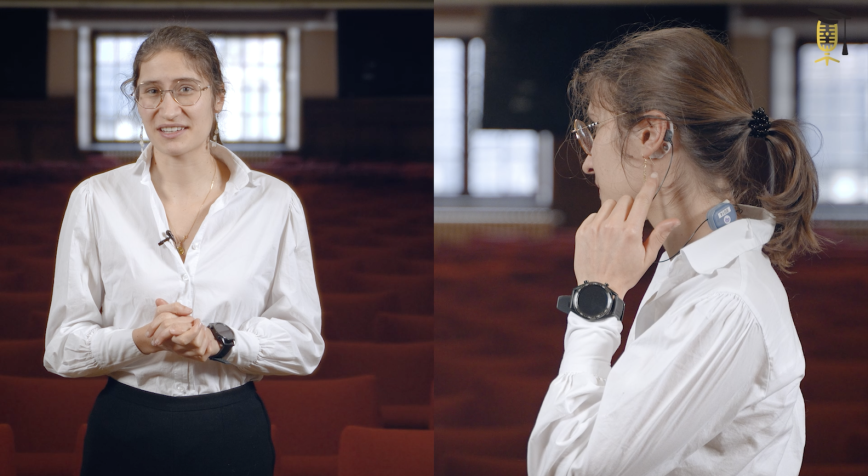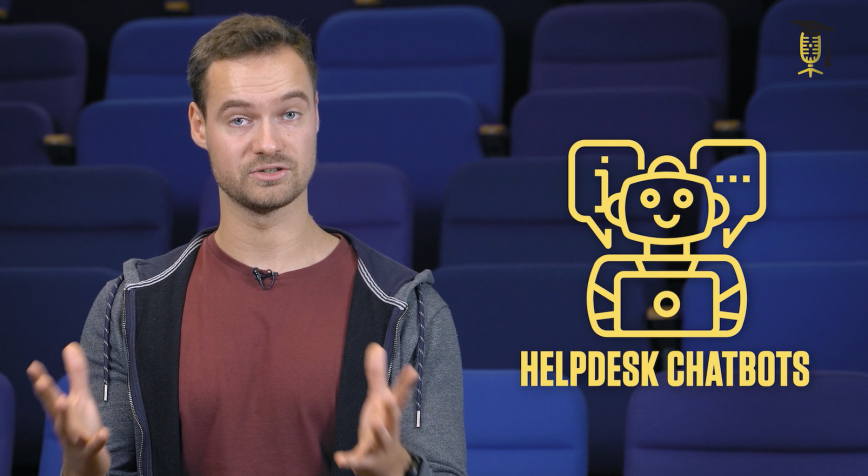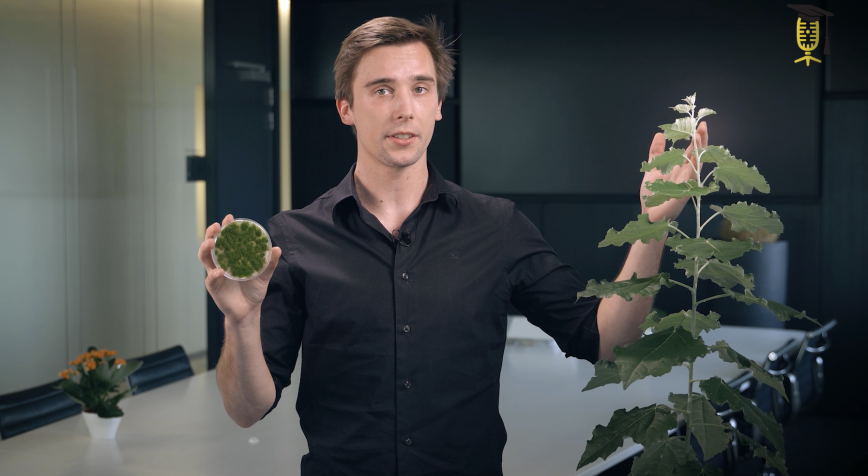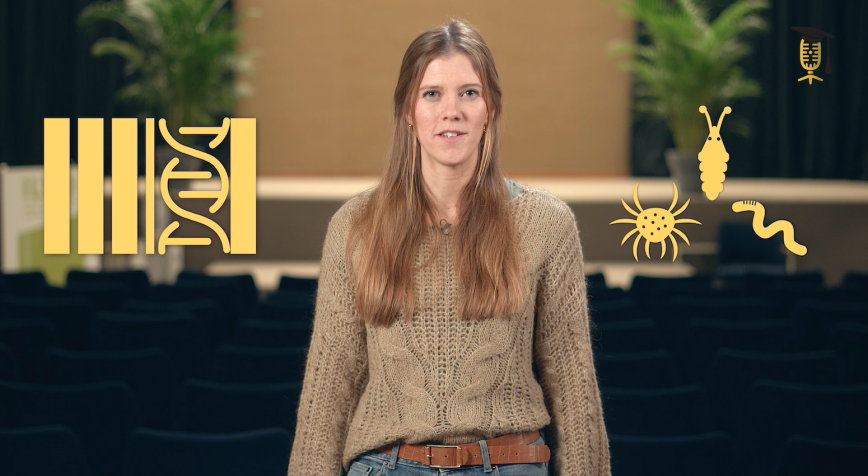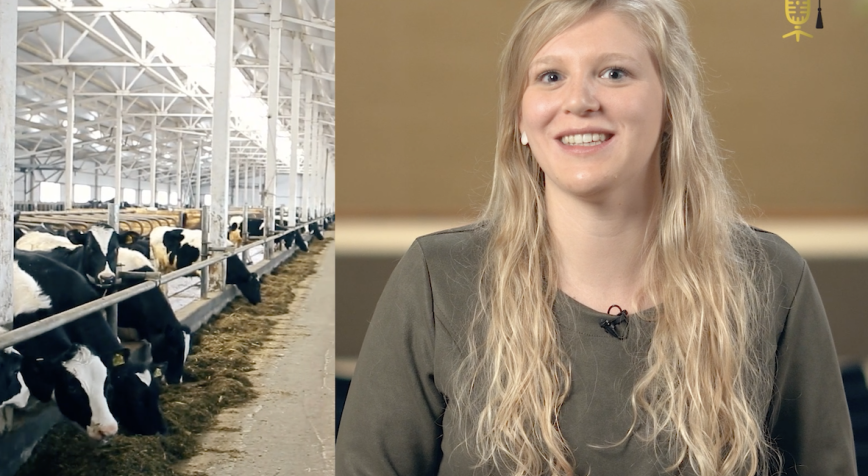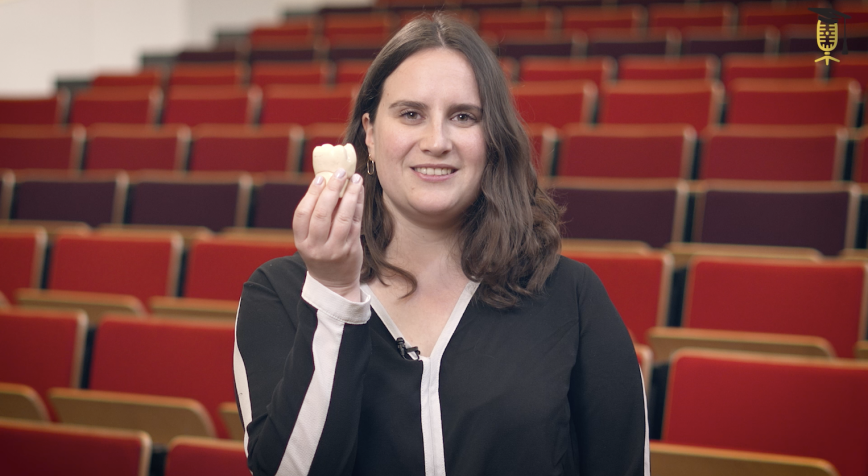
UHasselt
What do your wisdom teeth and cancer have in common?
Fighting cancer with wisdom teeth - it almost sounds like the tooth fairy's fairy tale. And yet it is a fairy tale that could well come true. Jolien Van den Bosch (UHasselt) wants to use stem cells from wisdom teeth to develop a new therapy against cancer. One could even say she's fighting ... tooth and nail to make this happen.
